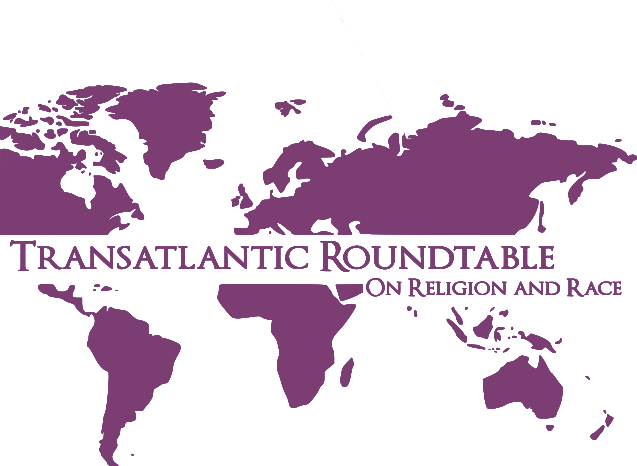
By R. Drew Smith
April 16, 2022 (Canopy Forum)
Though the COVID health emergency within the U.S. seems to be lessening in intensity, the occurrence of 35,000 COVID hospitalizations per day and 12,000 deaths per week during early March 2022 shows that the crisis is clearly not over.
Widespread resistance to public protocols and mandates aimed at halting the spread of the virus has also proved persistent — and some of the stiffest resistance has come from people of faith. In the early months of the pandemic, mask wearing was a highly charged issue for many, who resisted the requirement on political grounds, religious grounds, or both. In one instance, a pastor and a state legislator sued a Florida county in August 2020 over masking requirements and dropped the lawsuit only after houses of worship were exempted from the county requirement.
As the pandemic has dragged on more than two years, other COVID mandates such as social gathering restrictions and vaccine mandates have come under fire. Resistance to these matters recently took the form of convoys of vehicles proceeding around the Washington D.C. beltway to protest ongoing COVID restrictions. One group of these “American Freedom Convoy” truckers passing through Shreveport, Louisiana on their way to join the protest in D.C. were greeted by hundreds of residents stationed along Interstate 20 to celebrate the truckers as they passed through the area. Public remarks by a local pastor who organized the show of support credited God with bringing the assembly of residents and truckers together “to honor our nation and our freedom so that we can worship God freely.”
Conflations between free exercise of religious conscience, on the one hand, and freedom from publicly imposed COVID health measures and requirements, on the other, have contributed significantly to framings of the debate over COVID protocols and mandates. Many regard masking protocols, church closures to reduce physical contact, and COVID vaccine mandates as part of a continuum of public infringement upon religious rights, with vaccination intrusions upon human bodies representing an especially egregious violation.
Religious Objections to COVID Vaccine Mandates
Religious resistance to COVID vaccines has taken three primary forms: skepticism about effectiveness; ethical objections to the underlying science of vaccine production; and freedom of conscience and decision making.
In the runup to and release of COVID vaccines in late 2020, there was low confidence in their safety or effectiveness. A September 2020 CBS News poll showed only 21 percent of Americans intended to receive the vaccination as soon as it was available. Fifty-eight percent of respondents said they would wait to see what happens, and 21 percent indicated they would never receive the vaccination. The poll also showed that 65 percent of the respondents were skeptical of the vaccine based largely upon concerns that the production of the vaccine was rushed.
Religion may have factored into skepticism about vaccine effectiveness, at least as an outgrowth of anti-modernist and anti-secularist tendencies among conservative religious traditions, including a more specific religious wariness of government. An April 2021 Associated Press survey revealed only 21 percent of persons identifying as evangelical Christians had received the vaccine and 40 percent indicating they had no intentions of being vaccinated. Among the reasons given were a fear the vaccination may harm them; a preference to “leave their fate in God’s hands”; and a “hesitancy to anything that feels like it’s coming from the federal government.”
Conflations between free exercise of religious conscience, on the one hand, and freedom from publicly imposed COVID health measures and requirements, on the other, have contributed significantly to framings of the debate over COVID protocols and mandates.
